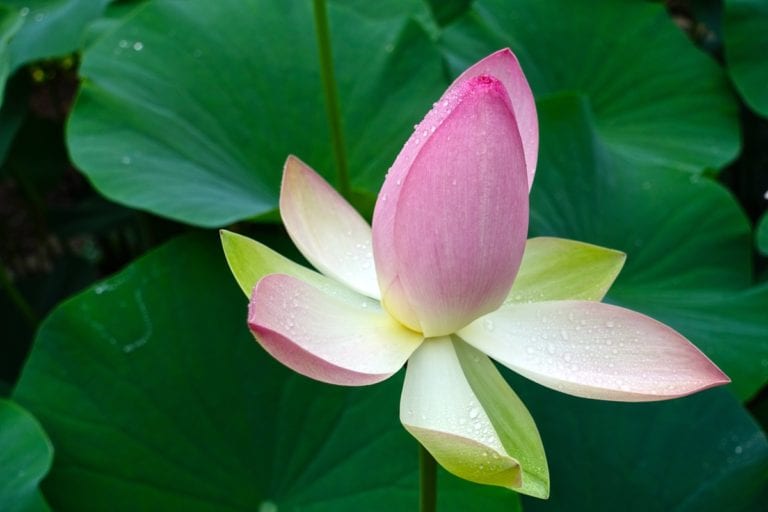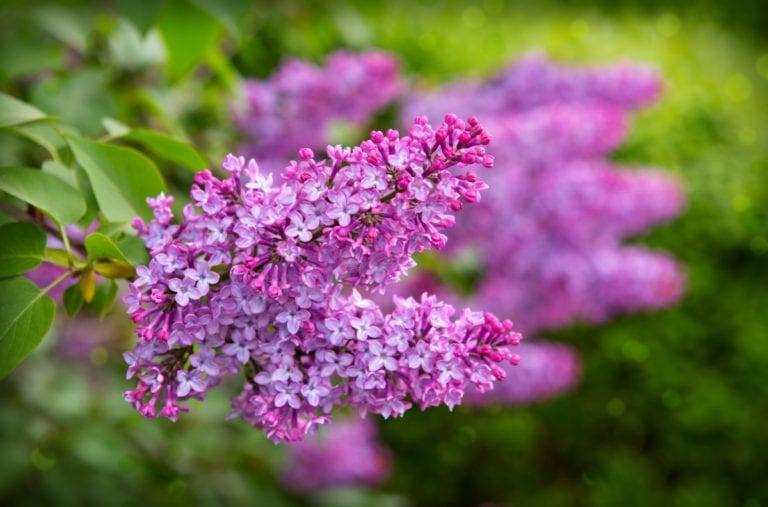September Audio Meditation
For those of you who prefer a meditation with images, here’s our YouTube version of this meditation:
Meditations, experiments, books and guided meditations to assist with nourishing spirituality, healing childhood wounds, and living more consciously.
Meditations, experiments, books and guided meditations to assist with nourishing spirituality, healing childhood wounds, and living more consciously.

For those of you who prefer a meditation with images, here’s our YouTube version of this meditation:

Our theme this year is “wholeness”. Throughout the year, we’ll explore the experience of acknowledging, appreciating, and experiencing what constitutes our individual experience of wholeness and, also, the wholeness of every earth-kin with whom we share this beautiful planet.
If you’d rather see this post on YouTube with images, here’s the link for that…

In a recent conversation with a colleague, she mentioned reading an article that focused on the fact that what we perceive, where we focus our “seeing”, has a concrete effect in our world. The specific statement made in the article was “be diligent in seeing good” and this felt like an invitation to a powerful practice.
The process of “seeing the good” reminded me of the quantum physics findings around the “observer effect”… Read More “675th Week: Seeing the Good”

Walking across Central Park one morning, the air was filled with a fragrance that I meet during the early days of summer each year. A group of trees, Silver Lindens, have blossoms, clusters of small flowers, that release a powerful, heady and, to me, enchanting fragrance that captivates me each morning as I pass them on my way to the office. The blossoms don’t last very long, which makes them even more special, and I—along with many other people—inevitably stop for a moment, bury my nose in them deeply breathing in the sweet fragrance.
One morning as I walked on, I began to think about the powerful effect scents have on our internal experience… Read More “678th Week: Finding Ease”
If you haven’t discovered him already, Nipun Mehta is a man who offers continuous opportunities to be inspired. He talks a lot about kindness, and one of the practices he promotes is what he calls “the radical power of generosity”. Here’s a link to a Tedx talk he gave. He also created Karma Kitchen, Read More “Week 666: Radical Generosity”

Growing up with a multidimensional perspective on reality, I have always believed that I live in a world of inescapable connection and interdependence as part of one dynamic whole. One of the aspects of this point of view is a recognition that all of us affect the world around us in every moment, automatically radiating the qualities we carry and express as we engage our daily lives. And, because we are all part of one energy reality, we are automatically and inevitably affected and impacted by the radiating qualities of everyone and everything around us, as well.
Here’s a link to a short video by Bruce Lipton, in which he talks about the underlying energy reality within which we live:
http://upliftconnect.com/bruce-lipton-communicate-energy/
Read More “740th Week: Everything and Everyone is Connected”